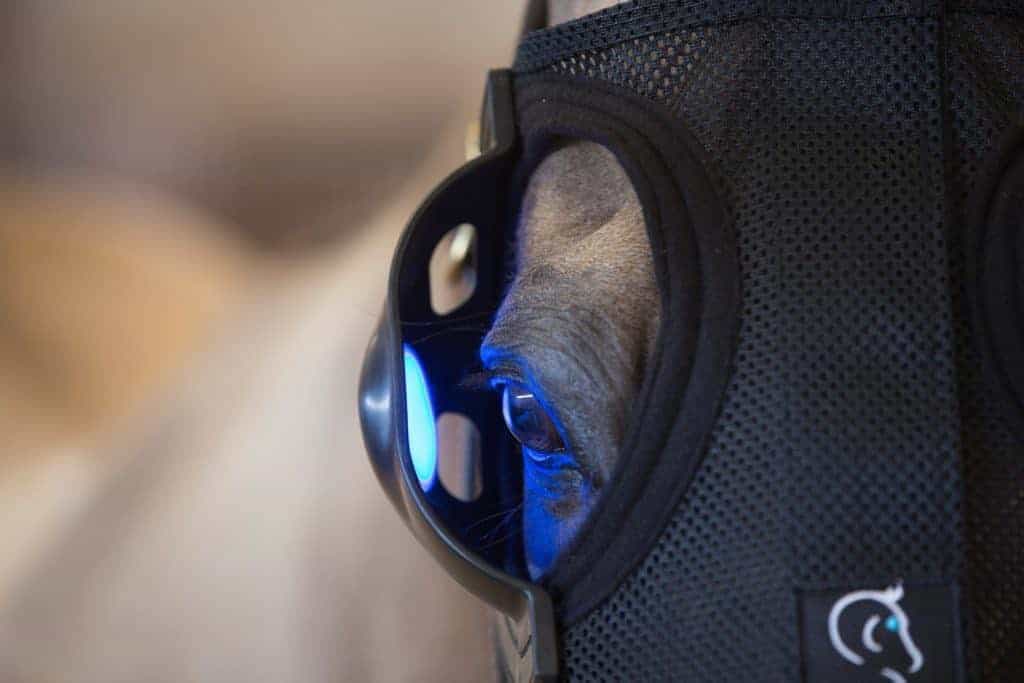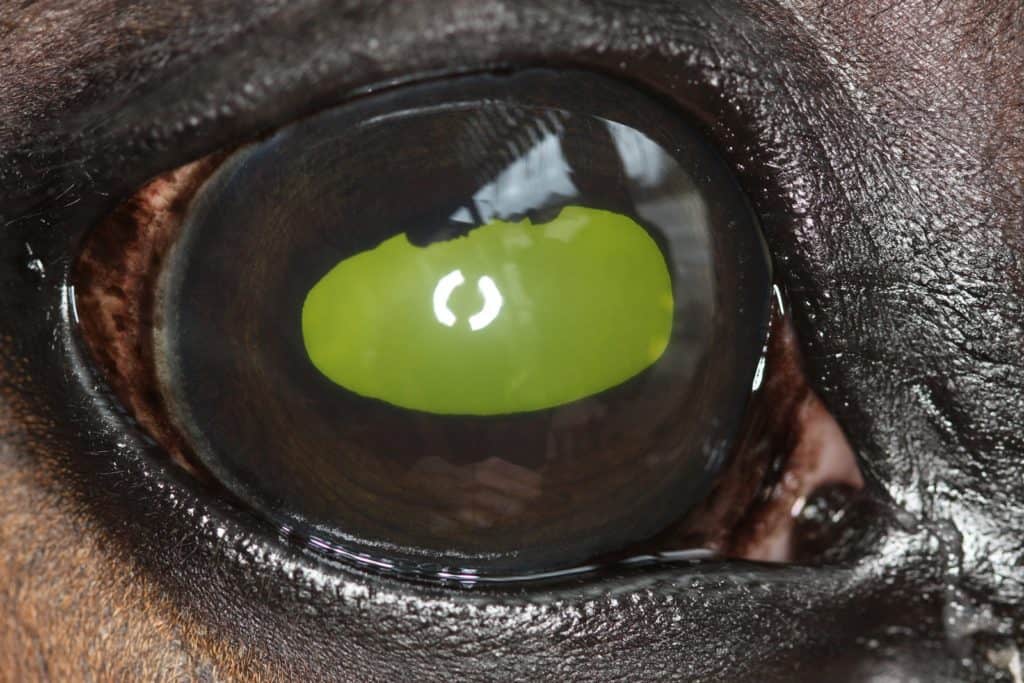
Managing Low Heels in Performance Horses
Dr. Scott Morrison describes the issues low heels can cause and the mechanical tools farriers and veterinarians can use to address them.

Dr. Scott Morrison describes the issues low heels can cause and the mechanical tools farriers and veterinarians can use to address them.

A researcher describes ectoparasites, infections, and hypersensitivity disorders that can cause pruritus in horses.

Previously postponed from September 2020 until January 2021, Europe’s largest equine veterinary convention has been rescheduled until September 2021.

Read the latest in equine health research, news, and information presented at the 2018 British Equine Veterinary Congress in Birmingham, England.

Read some of the top tweets and take-homes on topics such as lameness, equine obesity, laminitis, and more from the 2018 British Equine Veterinary Association Congress.

Work-life balance for the equine veterinarian who’s also a parent requires planning, patience, good boundaries, and in many cases, a flexible employer. To help, four U.K. vets launched an initiative called MumsVet in 2016.

Nearly 1,200 veterinarians and vet techs/nurses attended this year’s Congress.
Tweets and take-homes from Saturday’s educational sessions on equine dentistry, ultrasound, hoof care, and more.

An equine reproduction specialist shares tips for breeders to help them make the most of the latest research.
Tweets and take-homes from Day 1 educational sessions at the 2017 British Equine Veterinary Association Congress.

British researchers are studying gastric ulcers, rib fractures, and corneal ulcers, among other important equine health topics.

Researchers have made great strides in understanding laminitis, but it remains a difficult disease to predict and treat.

A British veterinarian describes what scientists think happens in the body with endocrinopathic laminitis cases and why.

Researchers investigated oral esomeprazole and a long-acting injectable omeprazole formulation.

This vision-threatening condition often doesn’t become clinically apparent until late in the progression of the disease.

A seemingly minor ulcer can lead to the loss of vision or the eye itself if complications arise. Here’s what to know.
Stay on top of the most recent Horse Health news with
"*" indicates required fields